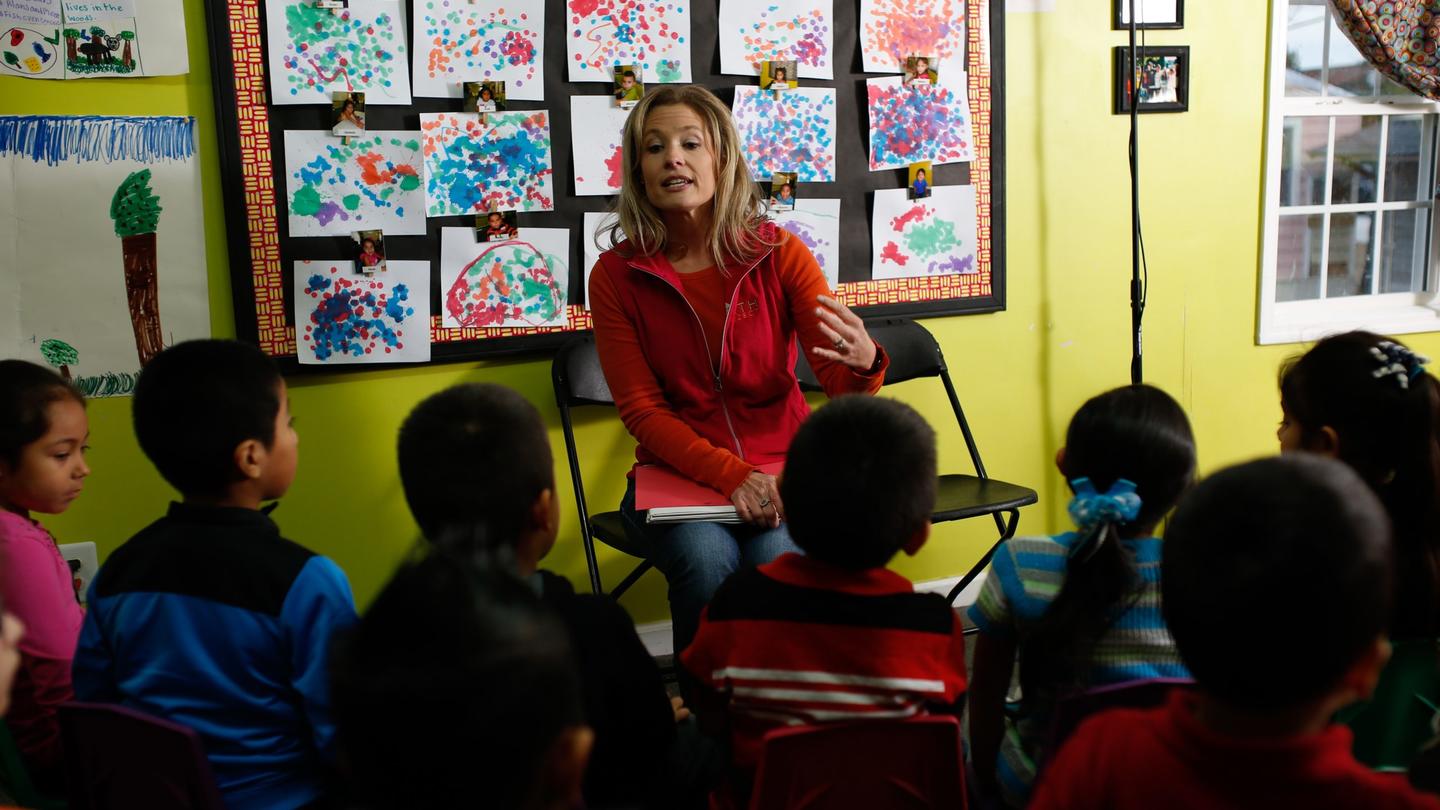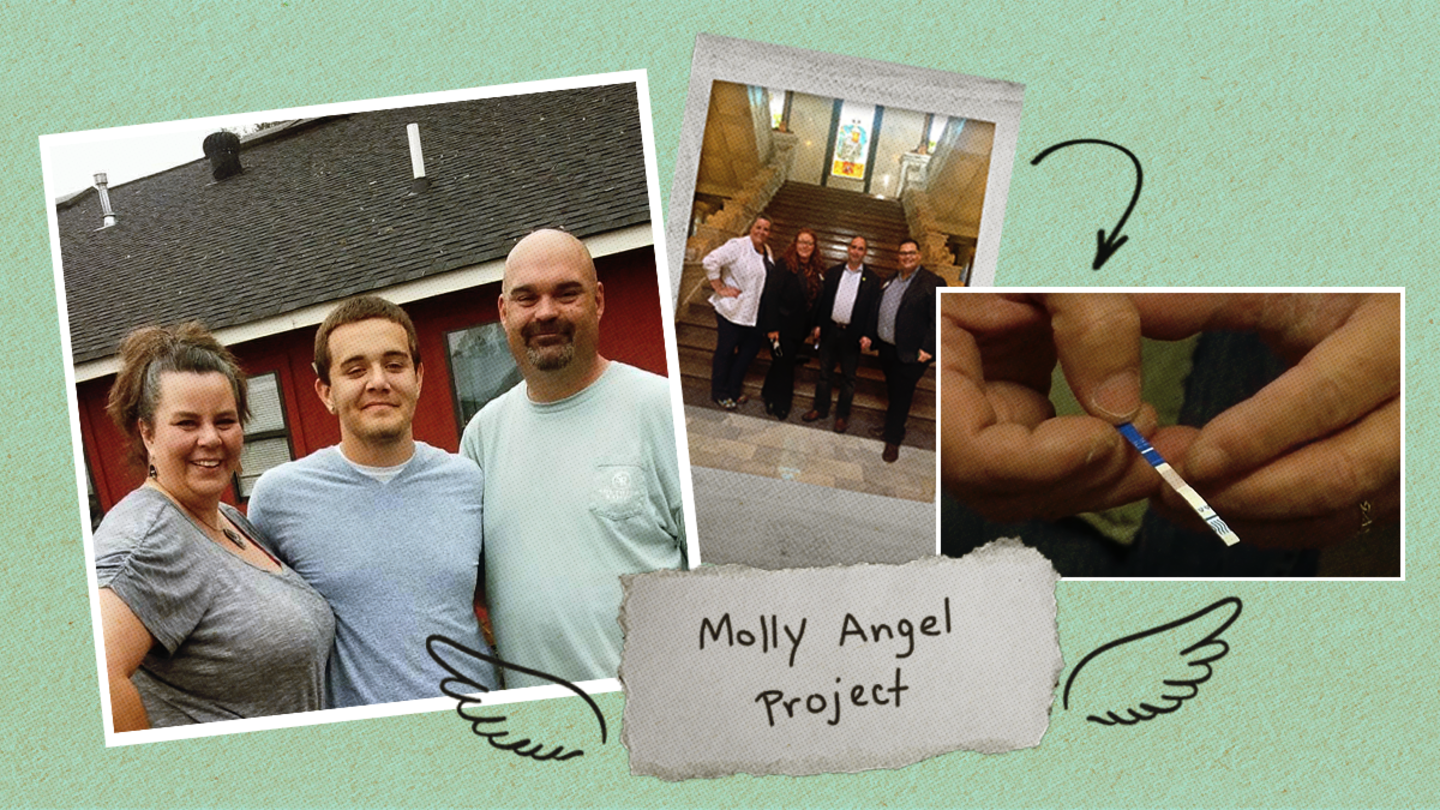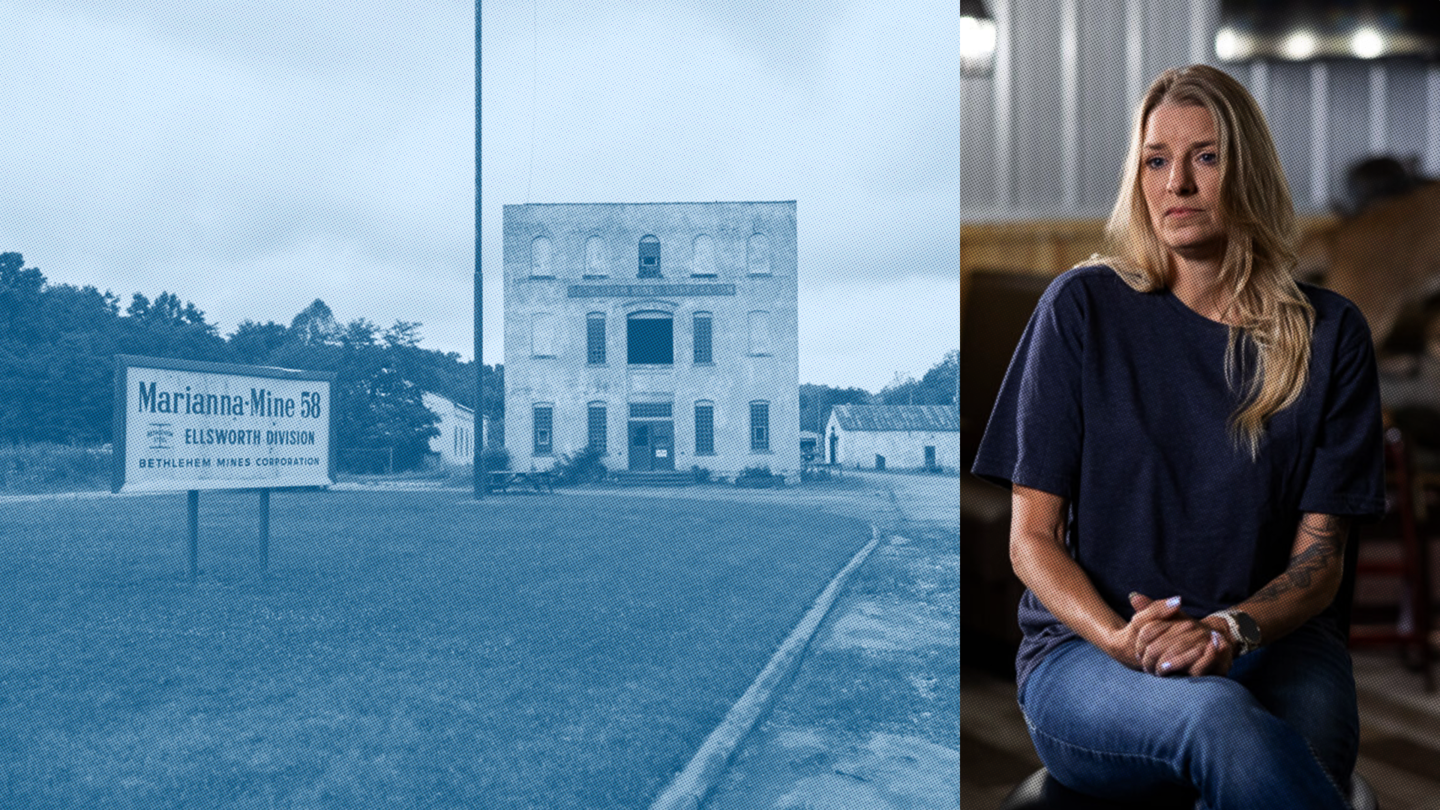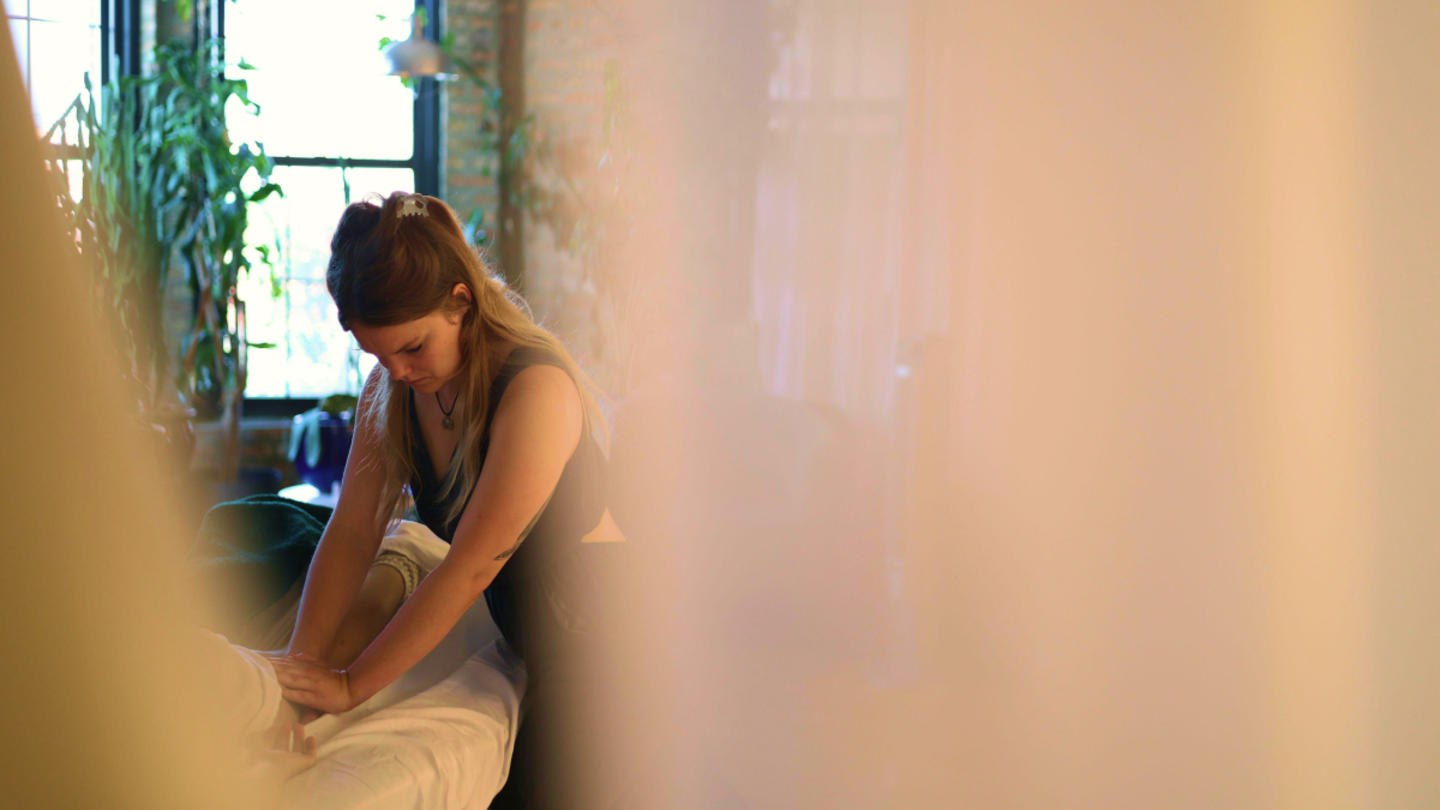"#GiveTogetherNow has been so inspiring to us," says Jim Hollandsworth, a founder and the executive director of the Path Project. "Individuals making the choice to help other people, at a moment when it's needed most, is a powerful thing."
The #GiveTogetherNow campaign was led by Stand Together and the Family Independence Initiative with the goal of getting quick cash assistance to families most affected by the pandemic. Through that effort, the Path Project helped identify about 250 families living in mobile home parks in the Atlanta area to connect them to $500 direct cash payments from the campaign.
"These are families who were struggling to begin with, so COVID-19 was a terrible blow," he says. Most breadwinners in these communities are undocumented immigrants who speak little or no English, and unemployment benefits were unavailable to them." When they lost their jobs, they had no income at all," Jim says. In April, at the peak of the pandemic, "many parents told us they were facing a choice between paying rent and feeding their children. #GiveTogetherNow donors' kindness allowed them to do both."
The Path Project began in 2008 when Jim and his wife, Melinda, met a family living in a mobile home park. At the time, Jim was a senior pastor at a church in Lawrenceville, and Melinda had been an elementary school and special education teacher.
As they got to know more families in mobile-home neighborhoods, they noticed a troubling pattern: Most kids in these communities were dropping out of high school. Research has long shown that Americans who lack a high school diploma are far more likely to be unemployed, and to earn low and erratic wages even if they can find work, than those who finish high school. According to a study from Northeastern University, kids who quit before graduation were 63 times more likely to be drawn to crime, and end up in prison, than people who made it to college.
Grim statistics like that inspired the Hollandsworths to launch the Path Project 12 years ago. The organization, a member of Stand Together Foundation's Catalyst Network of effective nonprofits across the country, runs year-round programs in eight mobile home parks near Atlanta and has expanded to Tennessee. Those programs offer children, from pre-school through 12th grade, the help and encouragement they need to stay in school and begin working their way out of poverty.
"Most of our work is with elementary and middle school kids," says Jim. "So it takes some time to see the effect on graduation rates." Even so, in the mobile home parks where the Path Project has operated for three years or longer, high school graduation rates have soared from 20 percent to 88 percent, and dozens of those graduates have gone on to college.
In this pandemic year, that progress would have been much harder to sustain without #GiveTogetherNow, Jim notes." What's truly great is that these donations came, not from any government agency, but from individual people who wanted to help others make it through this tough time," he says. "We are very, very grateful."
Learn more about Stand Together's economic progress efforts.




